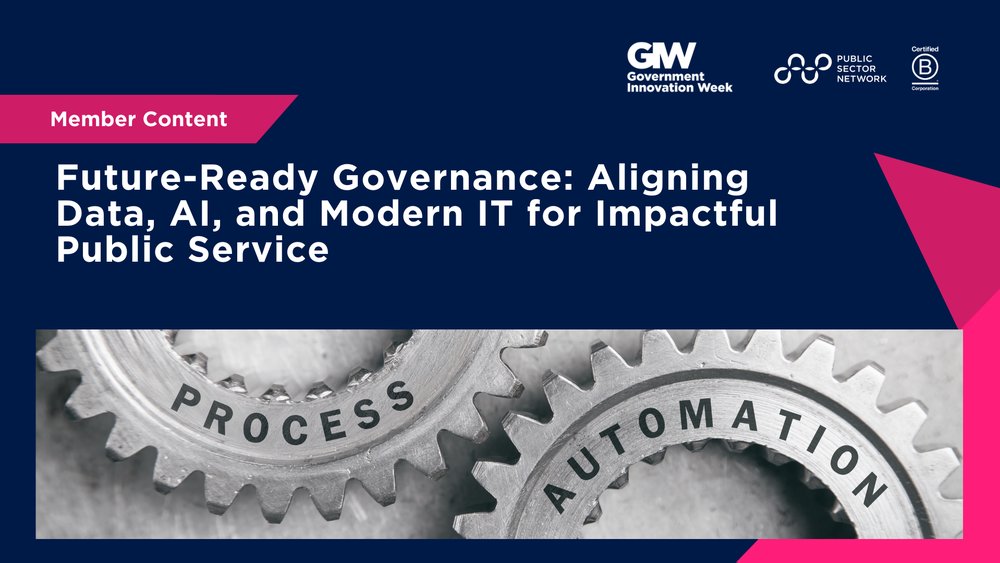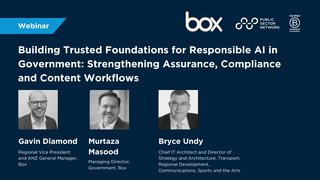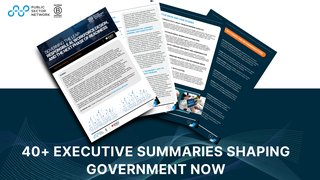Government
Connect with global peers and unlock events, training, and expert insights to build future-ready skills and capability.
Learn moreAcademia
Collaborate to create detailed research, insights and policy to support capacity and capability uplift across the sector
Learn moreIndustry
Connect with government leaders, share expertise, and help strengthen public sector outcomes.
Learn moreGlobal Series
What your peers have to say
"If you can find other folks that are willing to talk to you through opportunities, and better still to help see yourself in these opportunities, it can truly make the world of difference.""

Hillary Hartley
Province of Ontario, Canada"Public Sector Network provides a unique opportunity for those of us who work in the Public Sector to share ideas, share challenges, and hopefully make the world a better place."

Daniel Hunter
Business NSW"The world is trying to solve some pretty significant problems at the moment. We’ve got the opportunity to have a public service that can be part of trying to solve these problems."

Peter Chrisp
New Zealand Trade and EnterpriseTrending insights

Join over 20,000 public servants in the future of government services. Become a member today for free








